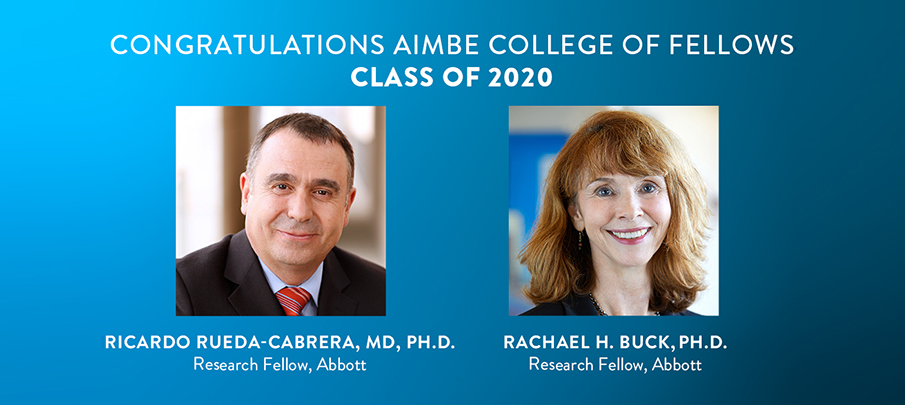Although lack of physical activity and poor nutrition facilitate immunosenescence, the good news is that lifestyle factors such as exercise and improved diet can positively affect the aging of the immune system.
Physical activity
An article published in Human Vaccines and Immunotherapeutics documented that regular exercise improves immune function, including greater antibody or cell-mediated response to vaccinations, particularly in older adults.
In preparing for COVID-19 vaccinations, researchers at The Irish Longitudinal Study on Ageing (TILDA) at Trinity College recently released a report providing information on influenza (flu) vaccine uptake and health behaviors that govern vaccine efficacy. Their report “provides evidence on the positive effect of prolonged physical activity on boosting antibody responses following vaccinations in older adults.” The report recommends “adults aged 60 and older should consistently incorporate some form of aerobic exercise such as a brisk walk at least 2-3 times per week in the weeks and months prior to vaccination.”
Even for older adults who are not in a formal exercise program, lifestyle physical activity is still important. Research published in 2013 in Brain, Behavior, and Immunity noted that exercise immediately before or after vaccination augments the immune response.
Good nutrition
The relationships between nutrition, age and immunity are complex. The deficiency of even a single nutrient may affect the metabolism of other nutrients and ultimately elicit a chain reaction of secondary malnutrition. As clinicians have considered the impact of the pandemic on older adults, it has been proposed that correcting nutritional deficits may “attenuate the age-dependent alterations of the innate and adaptive immune system which participate in the increased susceptibility and worse outcome observed in the elderly COVID-19 patients.”
Malnutrition has also been identified as a factor that may contribute to diminished vaccine response in older adults. Obesity is another concern. Obese individuals have been shown to respond more poorly to vaccinations against various illnesses, including influenza.
The USDA’s recent Dietary Guidelines for Americans (DGAs) 2020-2025 include specific recommendations on a healthy diet for older adults. This infographic from Abbott Nutrition Health Institute highlights key nutrients supporting immune health, including:
Protein. Many older adults do not eat enough protein, and the USDA notes in the DGAs that adults over 70 often fall short of meeting protein recommendations.
Vitamins. Multiple vitamins are needed to keep the body healthy, and Vitamins A and D can be important in helping regulate the immune system. There is also some evidence that Vitamin D may specifically play a role in the body’s immune response to respiratory viruses. Vitamins C and E are antioxidants that can help protect cells, including immune cells, from damage.
Minerals. Multiple minerals are needed for health. For example, zinc helps create new immune cells and may help reduce infections.
Older adults with poor food intake or who have compromised health may need additional support to meet their nutrition needs. Oral nutritional supplements (ONS) can provide protein, vitamins, and minerals to help maintain immune health. Older adults (and their families and caregivers) can talk to healthcare providers to find out more about how they might benefit from ONS products.
Additional information on good nutrition and hydration to support older adults’ immune health is available from the International Council on Active Aging and from Abbott and its Abbott Nutrition Health Institute on COVID-19 and nutrition.




Social Share